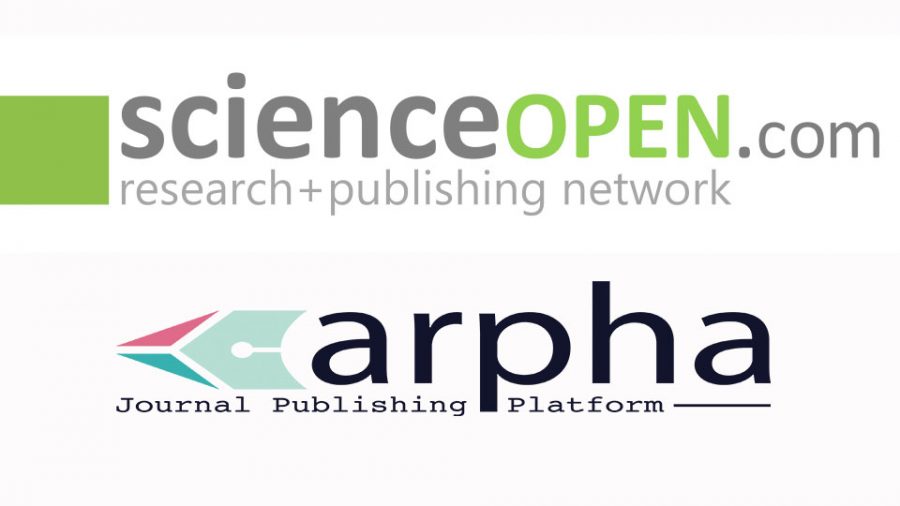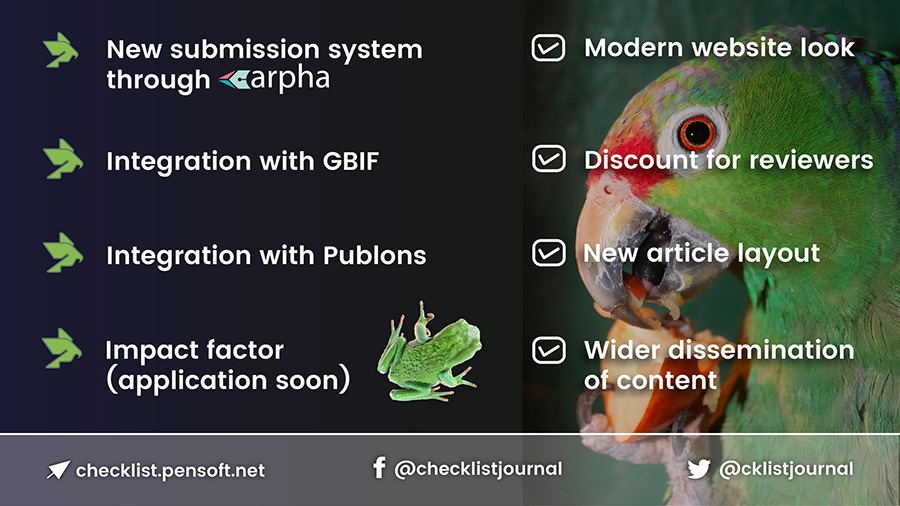In late July, Clarivate announced that starting from the next Journal Citation Report (JCR) release, expected in June 2023, all journals indexed by the Emerging Science Citation Index (ESCI) and the Arts and Humanities Citation Index (AHCI) will receive an Impact Factor.
So far, the score was only available for journals in the Science Citation Index Expanded (SCIE) and the Social Sciences Citation Index (SSCI).
The news means that the following journals using the ARPHA publishing platform will receive their first Impact Factor next year:
- Alpine Entomology
- Check List
- Journal of Orthoptera Research
- Neotropical Biology and Conservation
- Pharmacia
The 2023 JCR report will reflect how many times publications in a particular journal from the Web of Science database have been cited in scholarly articles published in other journals from the same database during 2022. Then, this number will be divided by the number of ‘citable items’ published in the journal in the preceding two years (i.e. research articles, review papers and proceedings papers published in 2021 and 2020).
Note that while citations of any article type are counted in the numerator of the ratio, ‘non-citable items’, such as editorials, letters, obituaries, meeting abstracts and corrigenda, are left out of the denominator.
Can we forecast the Impact Factor?
Unfortunately, we can only guess what the first Impact Factor for any of those journals will be like.
While you can find the Scopus CiteScore for each of them displayed on the journal’s website homepages, we need to remind you that Web of Science and Scopus use their own databases and apply quite different formulae.
The Scopus CiteScore is calculated from the number of citations made over the last four completed years divided by the publications from the same years. Apart from a yearly score for the last complete year, Scopus also presents a CiteScoreTracker, whose estimate is updated on a monthly basis.
***
A comprehensive post, published on the independent Scholarly Kitchen blog provides further details and discussion on what the change could mean for journals in the ESCI index. The post also includes a short interview with Dr. Nandita Quaderi, Editor in Chief and Editorial Vice President, Web of Science.
***
Follow ARPHA Platform on Twitter and LinkedIn.
You can also subscribe to the ARPHA blog by entering your email address in the box on the right.



